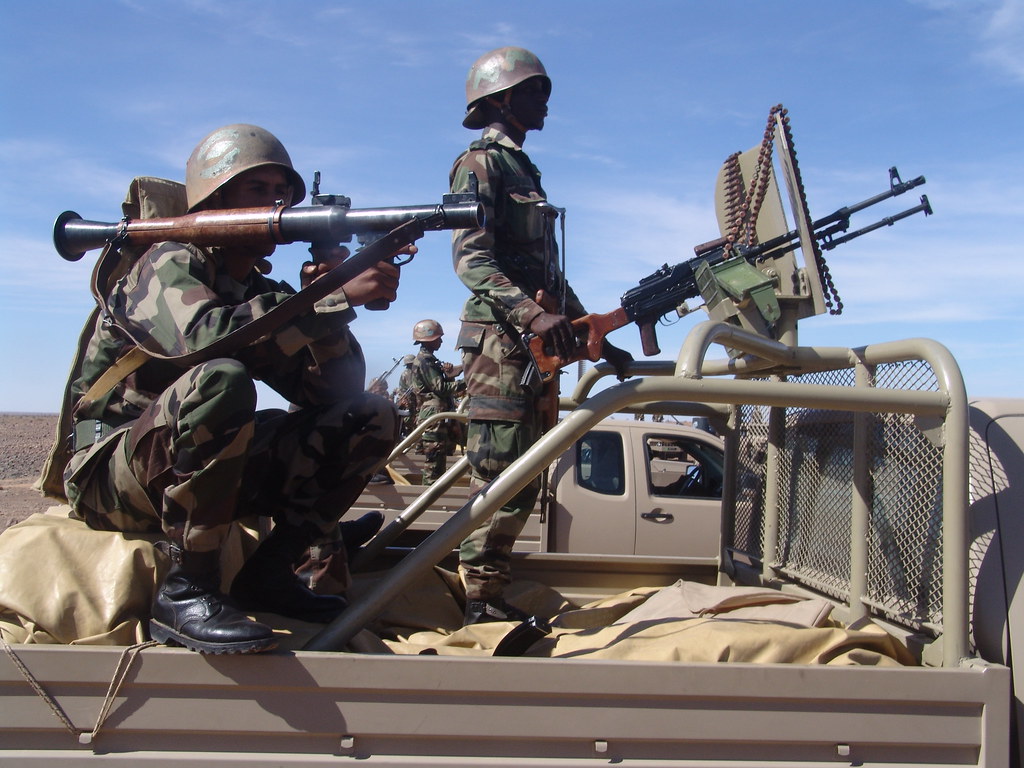Photo: Magharebia/CC BY 2.0
The crucial case of the Islamic State in the Greater Sahara.
In this article, PREVEX-researcher Luca Raineri argues that while jihadism appears to be on the rise in Africa, the explanations of violent extremist groups’ capacity to foment jihadi insurgencies and mobilize recruits remain poorly understood. Recent studies have challenged the assumption that the rise of jihadism in Africa is the result of poor governance in areas of limited state reach, highlighting instead the significance of the (perception of) abuses perpetrated by state authorities.
Looking at collective action and its structural determinants, it is rather state action—and not the lack thereof—that best explains the capacity of mobilization of jihadi insurgencies in African borderlands. In order to test this theory in a least-likely case, the article explores the genealogy and evolution of the Islamic State in the Greater Sahara (ISGS), mobilizing extensive qualitative evidence.
Borrowing the analytical framework from civil war studies, it argues that the contentious political dynamics observed in Niger’s borderlands amount to a case of symmetric non-conventional warfare, where abuses perpetrated by state proxies trigger an escalation of homegrown terrorism. It therefore supplies a further specification of the theories investigating the complex interplay between the processes of jihadi mobilization/rebel governance and the practices of counter-terrorism in weak states.
Read the full article in the journal Terrorism and Political Violence.





November 21, 2020
Dead written content material, Really enjoyed reading through. Celinka Torrin Androw
November 23, 2020
I was extremely pleased to discover this web site. Carlota Sergei Gianina
November 24, 2020
I think other website proprietors should take this website as an example , very clean and great user friendly layout. Juanita Leslie Cerf